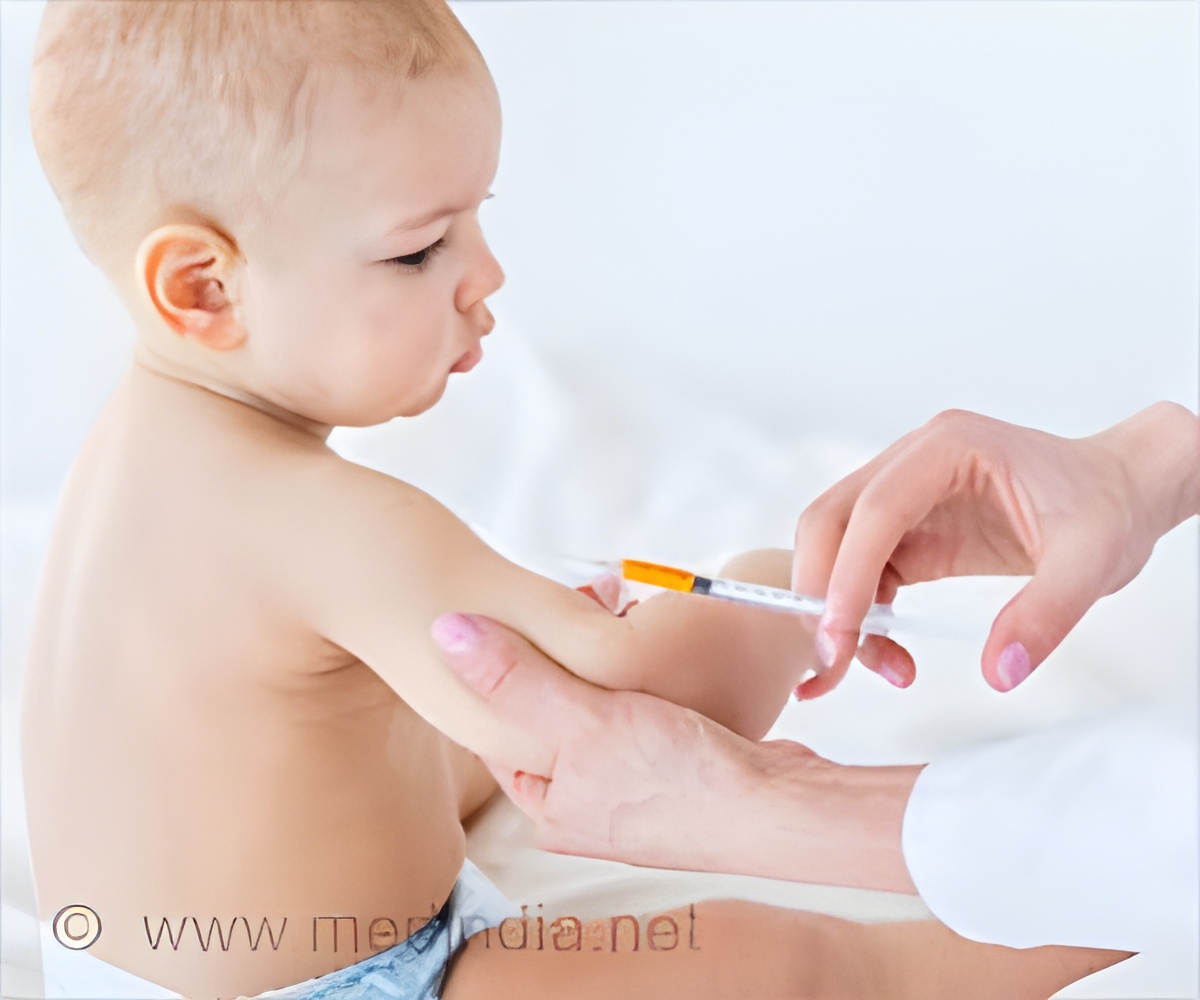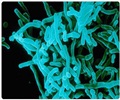
Hib immunization was incorporated into the pentavalent vaccine in India in 2011 and now protects 88 percent of Indian children under age two, although the Hib burden remains high. While the long-term negative effects of Hib infection in high-income countries are known, little evidence exists on the associated outcomes of Hib infection in low- and middle- income countries.
To investigate the associations between Hib vaccination status and anthropometric, cognitive, and schooling outcomes among Indian children, researchers examined Z-scores of HAZ and BMI-for-age (BMIZ), percentage scores of English, mathematics, reading, and Peabody Picture Vocabulary tests, and highest schooling grade attainment among 1,824 Hib-vaccinated and unvaccinated children. Propensity score matching was used to control for systematic differences between the two groups.
Researchers analyzed data on reported vaccination receipts, household socioeconomic characteristics, and child anthropometric, cognitive, and schooling outcomes in India from a cohort of children enrolled in the Young Lives Survey (YLS), a longitudinal study assessing childhood poverty. Anthropometric, cognition, and schooling indicators were evaluated across Hib-vaccination groups using the 2013 and 2016 YLS surveys.
The study found that at ages 11-12 years, Hib-vaccinated children had significantly higher HAZ scores (an increase of 0.25, P <0.001), significantly higher English and Mathematics test scores (an increase of 4.09 and 4.78 percentage points, P <0.001), and higher schooling attainment (0.16 more grades, P <0.05) than matched Hib-unvaccinated children.
Similarly, at ages 14-15 years, Hib-vaccinated children had 0.18 higher HAZ scores (P <0.001), significantly higher English and Mathematics test scores (an increase of 3.63 and 3.22 percentage points, P <0.001), and higher schooling attainment (0.15 more grades, P <0.05) than matched Hib-unvaccinated children. In a second model adjusted for public healthcare access indicators, all associations remained statistically significant, except for schooling attainment.
Advertisement
"Hib vaccination is a critical component of the pentavalent vaccine, which was introduced in 2011. Although we tend to focus on short term consequences of immunization, this study shows that the effect of Hib vaccination on schooling and cognitive development can be significant. Denying children vaccines is effectively denying them access to these benefits that persist through their lives" according to study co-author and CDDEP director, Ramanan Laxminarayan.
Advertisement
Source-Eurekalert










